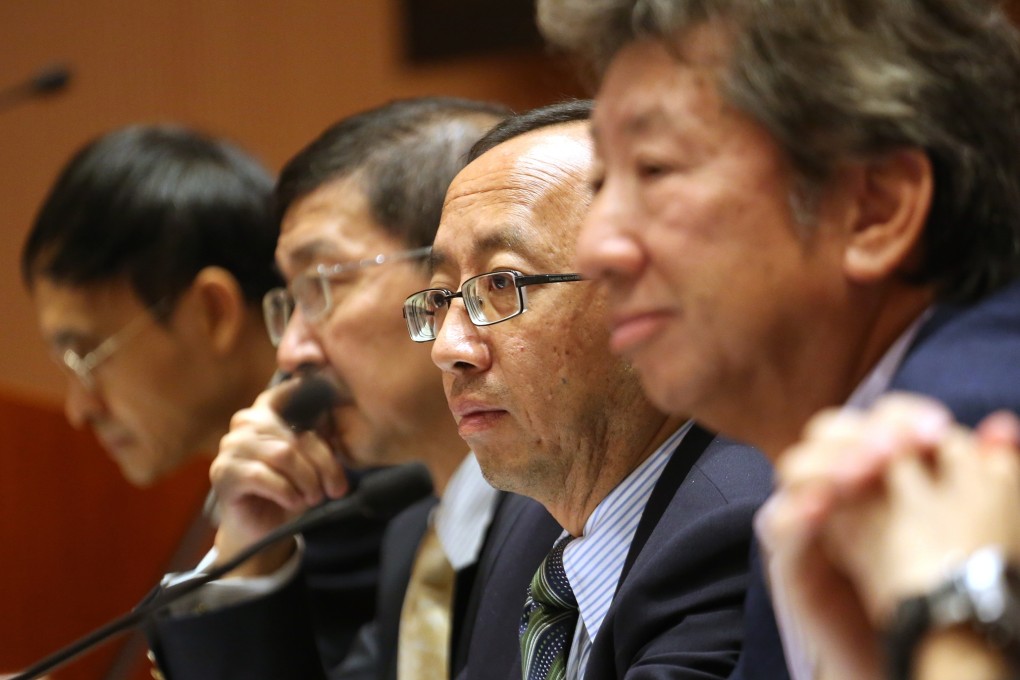New | Beijing will insist on stringent rules for Hong Kong's political reform, say scholars

Beijing will not only insist on its stringent framework for political reform in Hong Kong for now, but for at least another four to five years if the electoral overhaul fails this summer, two University of Hong Kong scholars warned this morning.
Basic Law Committee and law professor Albert Chen Hung-yee, and political economy professor Richard Wong Yue-chim also urged on Commercial Radio that pan-democrat lawmakers should consider the public interest and abandon their vow to veto the government’s reform bill to be tabled in the Legislative Council this summer.
The pan-democrats refused to accept China's National People’s Congress Standing Committee’s decision on August 31 last year, stating that while Hong Kong can elect its chief executive by “one man, one vote” in 2017, it can only choose from a slate of two or three candidates approved by a nominating committee likely to be dominated by Beijing loyalists..
The decision triggered the 79-day Occupy Central protests, in which student leaders and scores of residents condemned Beijing’s decision for depriving them a free choice of candidates.
They called for Beijing to retract its decision and for the local government to re-launch the political reform process.
But Chen believes that would be impossible.
“[China] is now ruled by the Communist Party, under Xi Jinping’s leadership. In 2019, when we start discussing about [‘one man, one vote’ in] 2022, it is still [likely] to be Xi, a ‘strong man’, leading the Communist Party. I don’t think that they will retract or change the 831 (August 31) decision,” Chen said.